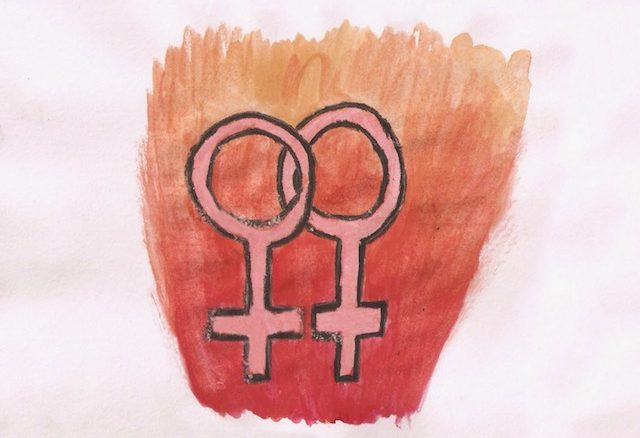
“She was wearing a thong with a lace front.”
Throughout history, choice of clothing has been wrongfully mistaken for consent. Throughout history, women have been told what they can and cannot wear. Young girls become accustomed to an ideal image, a role model, a model of a certain size. They soon realise that anything that falls outside of this image is frowned upon and often scrutinised by society. The law itself, has prohibited one’s ability to express their own individuality through their clothing and sense of style. The humble bikini inspired from a pre-Roman ensemble comprising of a “subligaria” and a “strophium” was declared “sinful” by Pope Pius XII, leading to bikini bans in countries across the world. Women in the City of Light are still technically prohibited from sporting trousers despite numerous attempts to appeal an 1800 ruling.
When Andrea Eakin posted a picture of her outfit on Twitter, she did not expect the backlash, controversy and viral attention that would follow. Her 500 followers quickly became an unexpected 3,000 as strangers started to share and give their opinions on Andrea’s mesh top and nipple covers. A number of now deleted tweets compared the Maynooth University student’s outfit to a porn star’s and remarked that her outfit choice could ultimately lead to unwanted sexual advances.
“If you dress like this don’t question why weird guys touch you on nights out” some comments read.
Eakin reiterated that her outfit was not a substitute for consent. “I don’t think anything anyone wears defines their consent. How I choose to dress doesn’t justify me getting sexually assaulted or harassed by men.”
The English and Sociology student was forced to change her private Instagram page in order to avoid numerous follower requests. A number of men contacted her asking her if she wanted money; one even offering to hand out €200 at three different ATMs in Dublin City Centre (commonly referred to as an “ATM meet”). Eakin feared that these men had a sinister motive for planning these meets and immediately cut contact.
“Some men genuinely think that the way you dress determines your consent and gives them an excuse to harass you on a night out, because you were ‘asking for it,” she said.
The 20-year-old was particularly disturbed by the spiteful nature behind some of the tweets from female strangers.
“They put someone else down to feel better about themselves. I think we already live in a patriarchal society where women are put down for wearing whatever they want. Some girls feed into that… It makes me sad because I would rather see girls united than putting each other down.”
She also highlighted the fact that a certain body type is often idealised in our society, spurred on by the media. “There is a perfect look, be a certain size, be a certain way. On social media girls compare themselves to other girls.”
Ms Eakin is inspired by Dublin based, social influencer Jess Brennan. Brennan boasts a following of 49,000 fans and promotes the celebration of female sexuality. “She inspires me. She owns her right to wear whatever she wants.”
Her advice to a generation of young girls growing up in a world where it is so easy to let strangers and friends alike make you question your own choices and morals?
“Wear whatever you want, if someone gives you abuse over it then they are either insecure in themselves, jealous or they are a misogynistic man wanting to put you down for showing skin. Some people don’t want to see women owning their sexuality and their right to wear whatever they want,” she concluded.
Róisín Cullen
Image credit: Gillian Hogan


